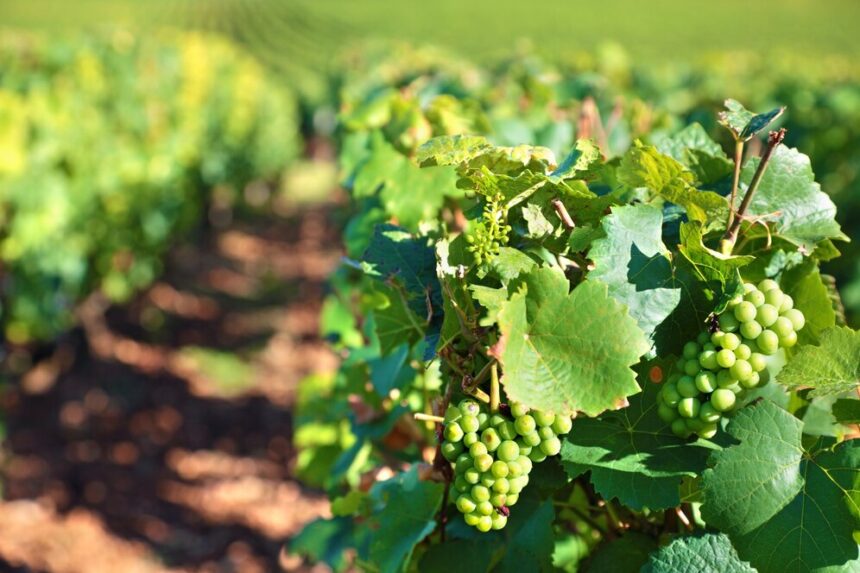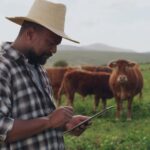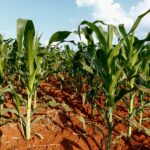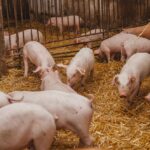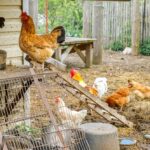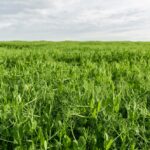In the heart of South Africa’s Western Cape, where water scarcity is an ever-present challenge, one wine farm has taken a bold and innovative approach to conservation. Facing the dual pressures of climate change and increasing demand for sustainable farming, the farm implemented a series of strategies that dramatically reduced its water usage—without compromising the quality of its award-winning wines.
A Shift Towards Sustainability
Located in the Stellenbosch region, the wine farm began its water-saving journey during the severe drought of 2017–2018, when Cape Town and surrounding areas faced the risk of “Day Zero.” The crisis served as a wake-up call, pushing the farm’s management to rethink their approach to water consumption.
1. Precision Irrigation Technology
One of the first steps the farm took was investing in precision irrigation systems. By installing drip irrigation lines, soil moisture sensors, and automated timers, the team was able to deliver water directly to the root zones of the vines in exact amounts.
This not only reduced water waste due to runoff and evaporation but also promoted healthier vine growth by avoiding overwatering. The result was up to 40% less water usage compared to traditional irrigation methods.
2. Cover Cropping and Mulching
To enhance soil moisture retention, the farm introduced cover crops between the vine rows. These plants helped reduce evaporation, control soil temperature, and improve soil structure. In addition, mulch was applied around the base of vines to minimize water loss and suppress weed growth.
These low-tech but highly effective methods supported the farm’s efforts to keep the soil hydrated for longer periods, even in the peak of summer.
3. Recycled Water Systems
The farm also installed a water recycling system that treated greywater from the cellar and washing areas for reuse in irrigation. By capturing and purifying used water, they were able to irrigate surrounding landscapes and non-vineyard crops without tapping into fresh water supplies.
This significantly cut down the farm’s reliance on municipal or dam water sources.
4. Dry Farming Trials
In selected vineyard blocks, the farm experimented with dry farming—growing grapes without any supplemental irrigation once the vines are established. While not suitable for all varietals, this approach worked well with certain hardy grape types and contributed to improved flavour concentration in the wines.
Dry farming not only saved water but also produced grapes that reflected the true terroir of the Western Cape.
5. Staff Training and Monitoring
All staff members received training on water conservation techniques, and the farm established a system of regular monitoring. Leak detection, pipe maintenance, and careful record-keeping ensured that water losses were identified and corrected quickly.
A Model for the Industry
Thanks to these combined efforts, the wine farm has reduced its total water usage by more than 50% over five years. At the same time, it has maintained—and even enhanced—the quality of its wines, earning accolades both locally and internationally.
This Western Cape wine farm serves as a powerful example of how agricultural businesses can adapt to a water-scarce environment through innovation, responsibility, and a commitment to long-term sustainability. Its success offers a model for other farms across South Africa facing similar challenges in a changing climate.
Join 'Farmers Mag' WhatsApp Channel
Get the latest Farming news and tips delivered straight to your WhatsApp
CLICK HERE TO JOIN
